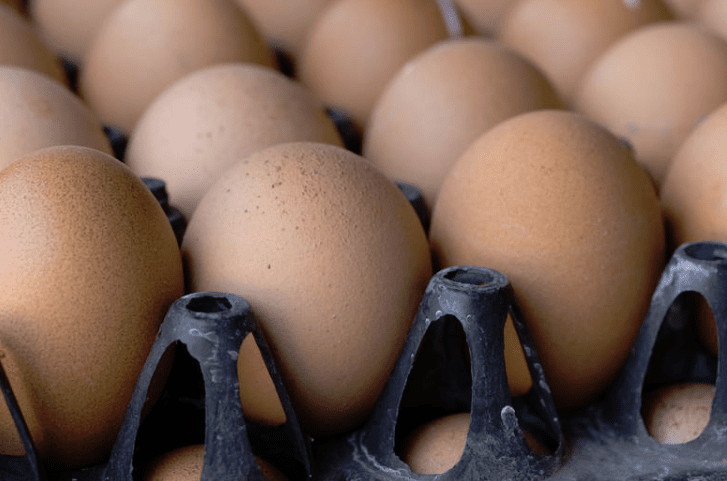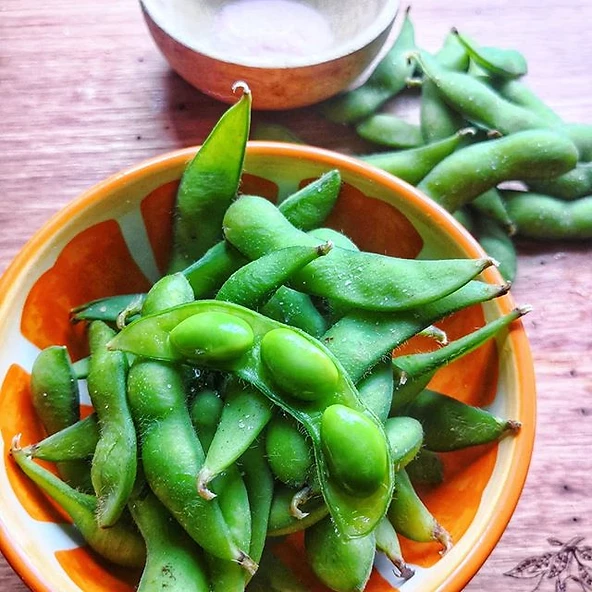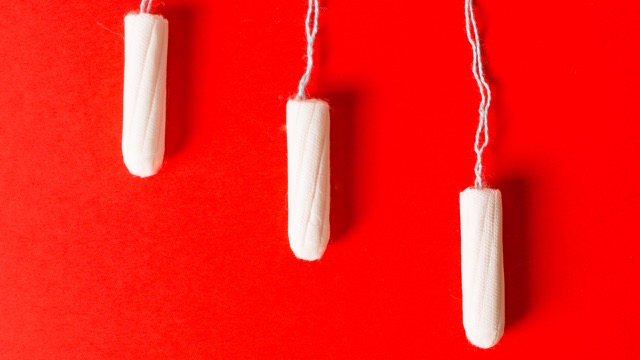With Easter around the corner, everyone is talking about chocolate eggs, but for 1 in 7 couples experiencing fertility issues, there are another type of eggs on their mind (and no, it’s not the ones that come from chickens).
The number of eggs (or follicles) a woman will produce over her life is determined in the womb of her mother, and at birth, the average woman starts with over one million eggs. Over time this declines with age, and even by the time you start menstruating this number has slowly declined. Your most fertile years is the decade of your twenties, and after 35 your egg count is on a more rapid decline towards menopause where ovarian reserve is very low.
This is the typical trajectory for egg count over the average woman’s life, obviously, there are circumstances where egg counts differentiate, which will be discussed more soon.
However, what is also important to think about when we talk eggs goes beyond the tick-tock of the so-called biological clock, it is also the quality of these follicles, which for those conceiving naturally you would have probably very little insight into, however, for those going through IVF or other reproductive treatments requiring egg collection, you will.
As egg freezing becomes increasingly popular amongst women who want the option of children and to take advantage of their optimal fertility years but may have not met the right partner to settle down with just yet, or are taking a career focus in their 20s and 30s, it is critical to work on your lifestyle well before you go ahead with egg freezing to ensure you’re capturing the best quality eggs for your future.
This blog post I will be covering a bit about AMH (Anti-Mullerian Hormone) testing, and what nutrients in your diet and also from supplements you can take advantage of to boost your egg health and preserve your ovarian reserve.
The low-down on AMH
AMH, or Anti-Mullerian Hormone, has recently been at the centre of lots of media attention with more and more women requesting this testing be conducted. AMH is a reflection of your ovarian (or egg) reserve, what is considered within a normal range depends on your age, but also on your medical history.
For example, women with PCOS may have elevated AMH as they have no shortage of follicles, the issue is the maturation and release of those eggs. Another group of women who may see different results are women with premature ovarian insufficiency (POI), which is where follicle counts are low for some unknown reason or due to another medical condition leading to a loss of menstruation before age 40.
Whilst AMH can be a useful measure to see where you are at, it is not ultimately a measure of your fertility or even egg quality, only a reflection of egg count. You ultimately need healthy sperm, and healthy implantation to help get you pregnant alongside a healthy egg.
If you have more questions about AMH testing, you should speak with your GP, gynaecologist or fertility specialist for more information.
Vitamin D
Vitamin D, an essential fat-soluble micronutrient that is mostly attained outside the context of your diet, rather from direct sun exposure to unexposed skin. Whilst many people know of vitamin D’s benefits on our bone health, it also impacts egg quality.

An Italian study showed that for women undergoing IVF, women with sufficient vitamin D levels (assessed by a simple blood test) were more likely to produce higher quality eggs and were more likely to conceive (Paffoni et al., 2014).
If you can’t get enough sunlight due to your job, season, cultural dress or being a naturally deeper skin tone, speak to your doctor about a vitamin D supplement to boost your levels.
Omega-3s
Whilst we all know that as we age our egg quality and quantity declines and besides egg freezing there is no known strategy to help slow or reverse this process. Omega-3 fats, honestly, they are a true hero in the women’s health, fertility and pregnancy world (so much so, I wrote a whole blog post about it here), they are here to save the day once again.
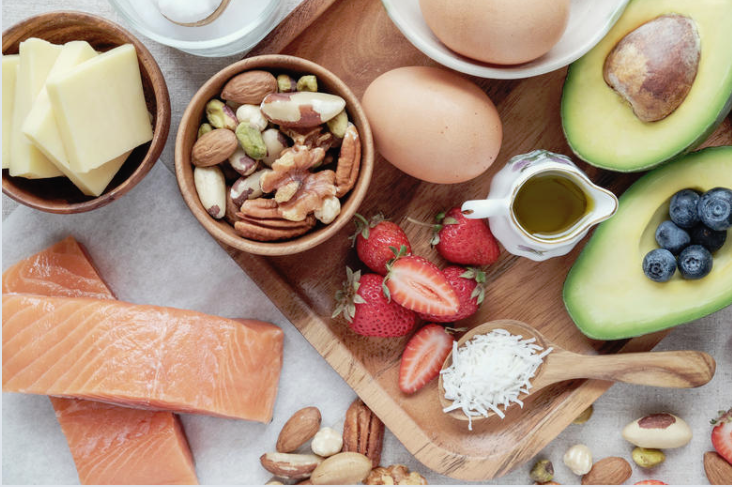
A study by Nehra et al. (2012), showed that a diet rich in omega-3 fatty acids (salmon, trout, mackerel, sardines, tuna, chia seeds, walnuts and hemp seeds), showed a prolonging of reproductive function into”advanced maternal age” in rats, compared to a diet rich in omega-6 fats. It was also associated with improved egg quality. The kicker is, this was a diet rich in omega-3s ACROSS the rat’s life, therefore, highlighting the importance of nutrition interventions like an omega-3 rich diet from our early years well before thinking about conceiving to potentially help preserve egg quality as we age.
CoQ10
Coenzyme Q10, also known as ubiquinone, is a coenzyme found in our bodies and it has an important role in energy production in all of our cells. As we get older, our ability to produce CoQ10 declines, the good news is you can get it from food!
CoQ10 has been shown to have a role in egg health in mouse studies, where mice with sub-optimal CoQ10 status drives the age-associated decline in egg health which can contribute to infertility associated with “advanced maternal age” (Ben-Meir et al., 2015).
Many women going through IVF often supplement CoQ10, however, you can also get the enzyme from your food, especially protein foods like red meat, turkey, oily fish, some vegetables like spinach, cauliflower and broccoli, fruit, legumes, nuts & seeds. Load up on these and speak to your team before starting any supplements as there are certain situations where CoQ10 is not appropriate or recommended.
Zinc
Zinc is a key mineral, that I have discussed many times in men’s fertility before to optimise sperm health (read more about that here). Zinc plays an important role in the development, maturation and release of the egg, being deficient or just not getting quite enough can affect your fertility.
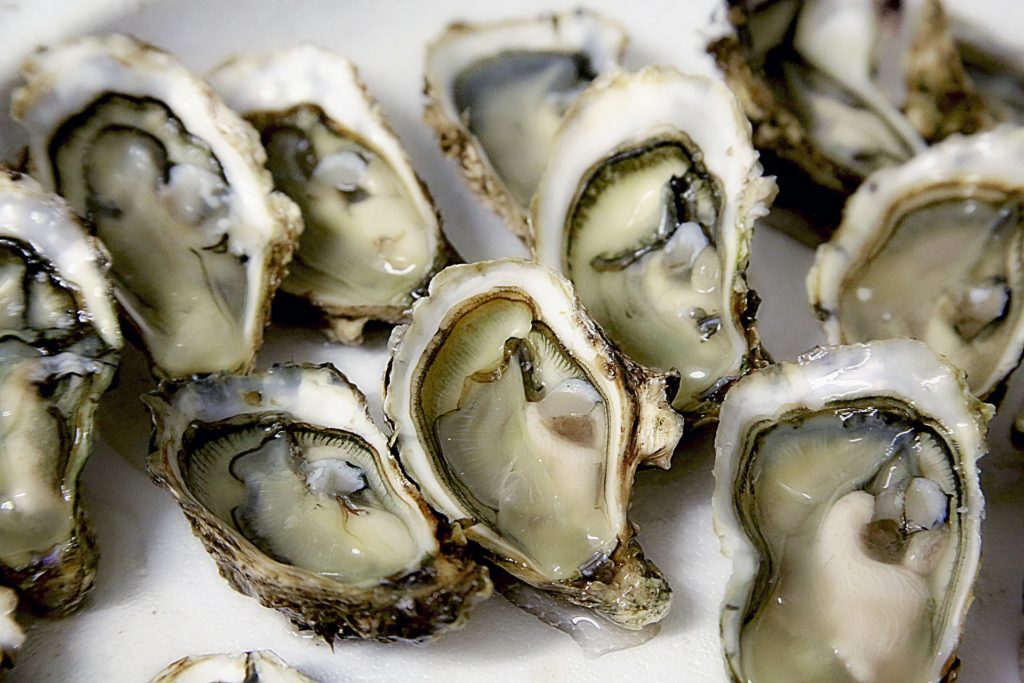
Foods rich in zinc include oysters, meat, fish, chicken, shellfish, legumes and beans. Include at least one of these foods daily to help you reach your zinc needs, note that men have higher requirements than women.
Antioxidants
Whilst antioxidants may not directly contribute to improved egg health, they do help to undo and prevent the oxidative damage that ovulatory disorders, fallopian tube damage and endometriosis can cause. Evidence is still limited on its role in fertility and pregnancy rate, however, we know a diet rich in antioxidants is beneficial anyway.
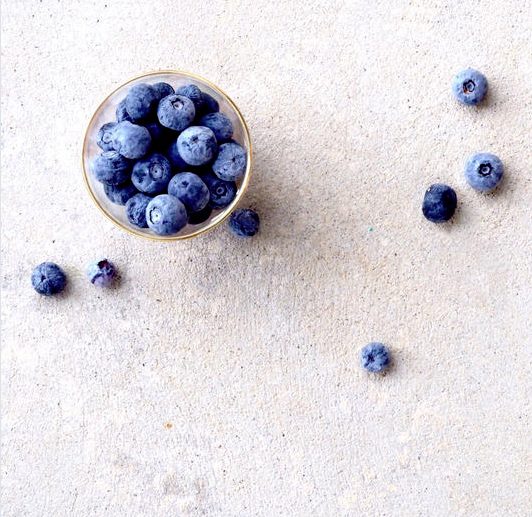
Foods rich in antioxidants are plant foods, aim to incorporate lots of different colours, blue, red, yellow, green, purple, orange and white to get the benefits of the unique and diverse antioxidants each colour offers.
Regular exercise
Add it to the list of fabulous health benefits of exercise, but being active in any way that you can fit into your life is going to benefit your general health and your fertility too. Incorporate 30 minutes of activity each day, even if that’s a 10 minute walk to the bus stop, 10 minute walk around at lunch time and 10 minute walk home, to get yourself started.
Need expert nutrition advice tailored to your needs and fertility journey? Get personalised advice, and apply to work with me one-on-one today – let’s develop a tailored plan to help you reach your goals!

